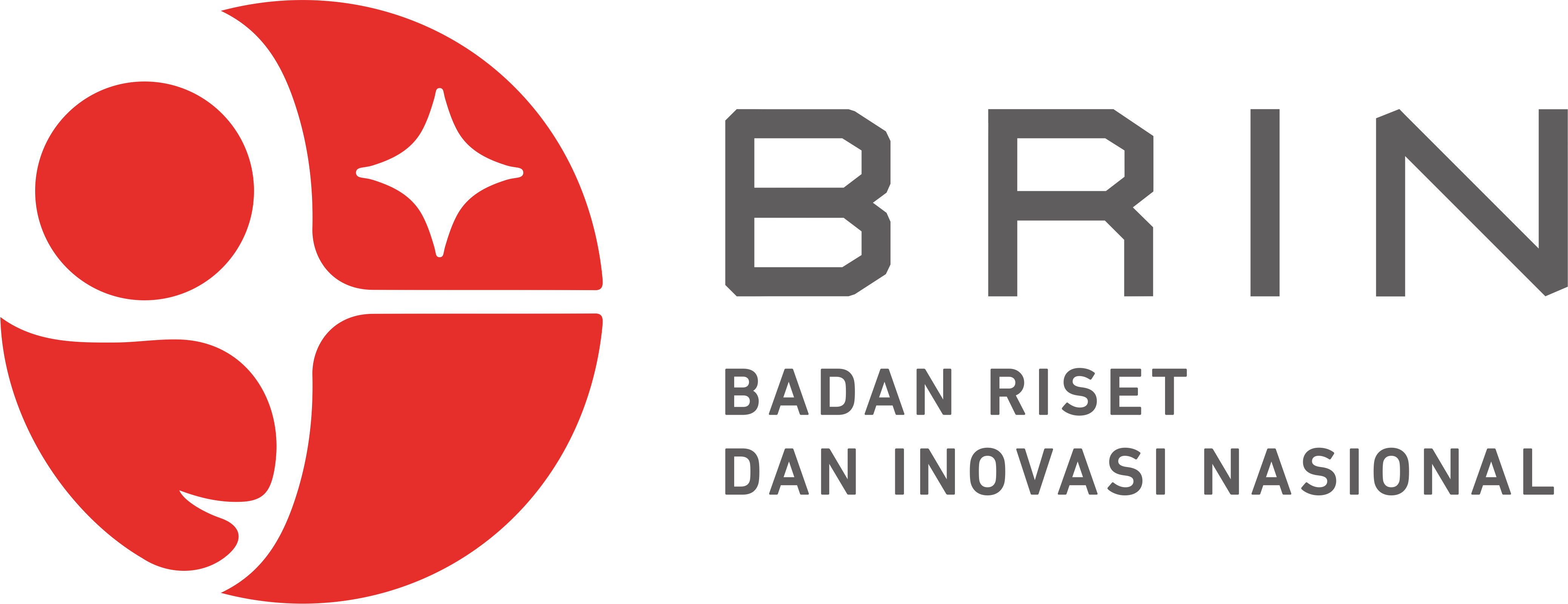MENGOPTIMALKAN KAMPANYE SOSIAL DIGITAL MELALUI MEDIA ONLINE UNTUK MENINGKATKAN KESADARAN LINGKUNGAN DI KALANGAN MILENIAL DESA TAPULAGA
Keywords:
digital social campaigns, environmental awareness, creative contentAbstract
This study examines the effectiveness of digital social campaigns through online media in increasing environmental awareness and behavior among millennials. Using a mixed approach (quantitative and qualitative), the study evaluates the relationship between content type, frequency of interaction, and platform selection with audience engagement and understanding of environmental issues. The results indicate that creative and interactive content, such as short videos, infographics, and educational quizzes, can motivate millennials to actively participate in campaigns and adopt environmentally friendly behaviors. Popular social media platforms such as TikTok, Instagram, and WhatsApp have proven effective in reaching and increasing audience engagement, with TikTok ranking highest in terms of engagement. Digital social campaigns not only disseminate information but also foster two-way communication that strengthens the internalization of environmental values and supports sustainable attitudinal change. A structured communication strategy, prioritizing creative content and utilizing modern technology, is key to success in achieving sustainability goals. This study emphasizes the importance of optimal digital campaigns as innovative educational tools to mobilize millennial participation in environmental preservation.
Downloads
References
Andzani, D., & Irwansyah. (2023). Dinamika Komunikasi Digital: Tren, Tantangan, dan Prospek Masa Depan. Jurnal Syntax Admiration, 4(11). https://doi.org/10.46799/jsa.v4i11.743
Barragán-Sánchez, R., Corujo-Vélez, M. C., Palacios-Rodríguez, A., & Román-Graván, P. (2020). Teaching digital competence and eco-responsible use of technologies: Development and validation of a scale. Sustainability (Switzerland), 12(18). https://doi.org/10.3390/su12187721
Chow, E., & Hassan, Z. (2019). The Millennials – Comparative Analysis of Factors Affecting Working Behavior of Generations Y and X in Malaysia. Indonesian Journal of Contemporary Management Research, 1(1). https://doi.org/10.33455/ijcmr.v1i1.85
Damanik, S. V., & Kustiawan, W. (2023). THE USE OF TIKTOK ACCOUNTS @HUDZAA IN THE FULFILLMENT OF FOLLOWERS’ RELIGIOUS KNOWLEDGE. Akademika, 12(02). https://doi.org/10.34005/akademika.v12i02.2761
Evdokimova, T. V. (2019). Petra Karin Kelly and her «green initiative». Vestnik Tomskogo Gosudarstvennogo Universiteta. Istoriya, 57. https://doi.org/10.17223/19988613/57/18
Fernando, A. P. (2019). The Temple Motif in the Book of Haggai: A Call for Theocentric Perspective and Priorities in the Post Modern and Technological World. Abstract Proceedings International Scholars Conference, 7(1). https://doi.org/10.35974/isc.v7i1.935
Firdaus, F. (2023). GREEN PRODUCT PURCHASE DECISION: THE ROLE OF ENVIRONMENTAL CONSCIOUSNESS AND WILLINGNESS TO PAY. Jurnal Aplikasi Manajemen, 21(4). https://doi.org/10.21776/ub.jam.2023.021.04.14
Gartaula, H., Patel, K., Shukla, S., & Devkota, R. (2020). Indigenous knowledge of traditional foods and food literacy among youth: Insights from rural Nepal. Journal of Rural Studies, 73. https://doi.org/10.1016/j.jrurstud.2019.12.001
Godrich, S. L., Davies, C. R., Darby, J., & Devine, A. (2018). Which ecological determinants influence Australian children’s fruit and vegetable consumption? Health Promotion International, 33(2). https://doi.org/10.1093/heapro/daw063
Hanemaayer, R., Neufeld, H. T., Anderson, K., Haines, J., Gordon, K., Lickers, K. R. L., Xavier, A., Peach, L., & Peeters, M. (2022). Exploring the environmental determinants of food choice among Haudenosaunee female youth. BMC Public Health, 22(1). https://doi.org/10.1186/s12889-022-13434-z
Hui, X., Raza, S. H., Khan, S. W., Zaman, U., & Ogadimma, E. C. (2023). Exploring Regenerative Tourism Using Media Richness Theory: Emerging Role of Immersive Journalism, Metaverse-Based Promotion, Eco-Literacy, and Pro-Environmental Behavior. Sustainability (Switzerland), 15(6). https://doi.org/10.3390/su15065046
Keke, M. E. (2022). The use of digital marketing in information transport in social media: The example of Turkish companies. Transportation Research Procedia, 63. https://doi.org/10.1016/j.trpro.2022.06.297
Liao, C.-H. (2020). Investigating the Key Success Factors of Social Marketing in Promoting Environmental Consciousness: A Dematel-Based Approach. International Journal of Marketing Studies, 12(2). https://doi.org/10.5539/ijms.v12n2p1
MacMonegle, A., Bennett, M., Speer, J. L., Keely O’Brien, E., Pitzer, L., Jaarsma, A., Nguyen Zarndt, A., & Duke, J. (2024). Evaluating The Real Cost Digital and Social Media Campaign: Longitudinal Effects of Campaign Exposure on E-cigarette Beliefs. In Nicotine and Tobacco Research (Vol. 26). https://doi.org/10.1093/ntr/ntad185
Mahinay, H. A. C., Marapao, M. S. A., Jempero, J. hua B., & Allawan, J. G. L. (2023). Environmental Literacy Levels and Environmental Pollution among Senior High School Students. Journal of Environmental Impact and Management Policy, 36. https://doi.org/10.55529/jeimp.36.17.25
Mutumba, M., Wekesa, E., & Stephenson, R. (2018). Community influences on modern contraceptive use among young women in low and middle-income countries: A cross-sectional multi-country analysis. BMC Public Health, 18(1). https://doi.org/10.1186/s12889-018-5331-y
Nafisah, R., Husna, F., Sahendra, Y., & Rizki Amanda, S. (2023). Exploring Communicative Discourse of Millennials in Developing Social Entrepreneurship. International Journal of Education, Language, and Religion, 5(1). https://doi.org/10.35308/ijelr.v5i1.7554
Ohme, J. (2019). When digital natives enter the electorate: Political social media use among first-time voters and its effects on campaign participation. Journal of Information Technology and Politics, 16(2). https://doi.org/10.1080/19331681.2019.1613279
Pereira, M. J. de S., Cardoso, A., Canavarro, A., Figueiredo, J., & Garcia, J. E. (2023). Digital Influencers’ Attributes and Perceived Characterizations and Their Impact on Purchase Intentions. Sustainability (Switzerland), 15(17). https://doi.org/10.3390/su151712750
Putri, D. R. (2021). Digital Marketing Strategy to Increase Brand Awareness and Customer Purchase Intention (Case Study: Ailesh Green Consulting). European Journal of Business and Management Research, 6(5). https://doi.org/10.24018/ejbmr.2021.6.5.1063
Ricoy, M. C., & Sánchez-Martínez, C. (2022). Raising Ecological Awareness and Digital Literacy in Primary School Children through Gamification. International Journal of Environmental Research and Public Health, 19(3). https://doi.org/10.3390/ijerph19031149
Saura, J. R., Palos-Sanchez, P., & Herráez, B. R. (2020). Digital marketing for sustainable growth: Business models and online campaigns using sustainable strategies. In Sustainability (Switzerland) (Vol. 12, Issue 3). https://doi.org/10.3390/su12031003
Schönherr, S., Eller, R., Kallmuenzer, A., & Peters, M. (2023). Organisational learning and sustainable tourism: the enabling role of digital transformation. Journal of Knowledge Management, 27(11). https://doi.org/10.1108/JKM-06-2022-0434
Shanti, R., & Alversia, Y. (2022). The role of social media marketing and environmental knowledge on green skincare purchase intention. In Contemporary Research on Management and Business. https://doi.org/10.1201/9781003295952-55













